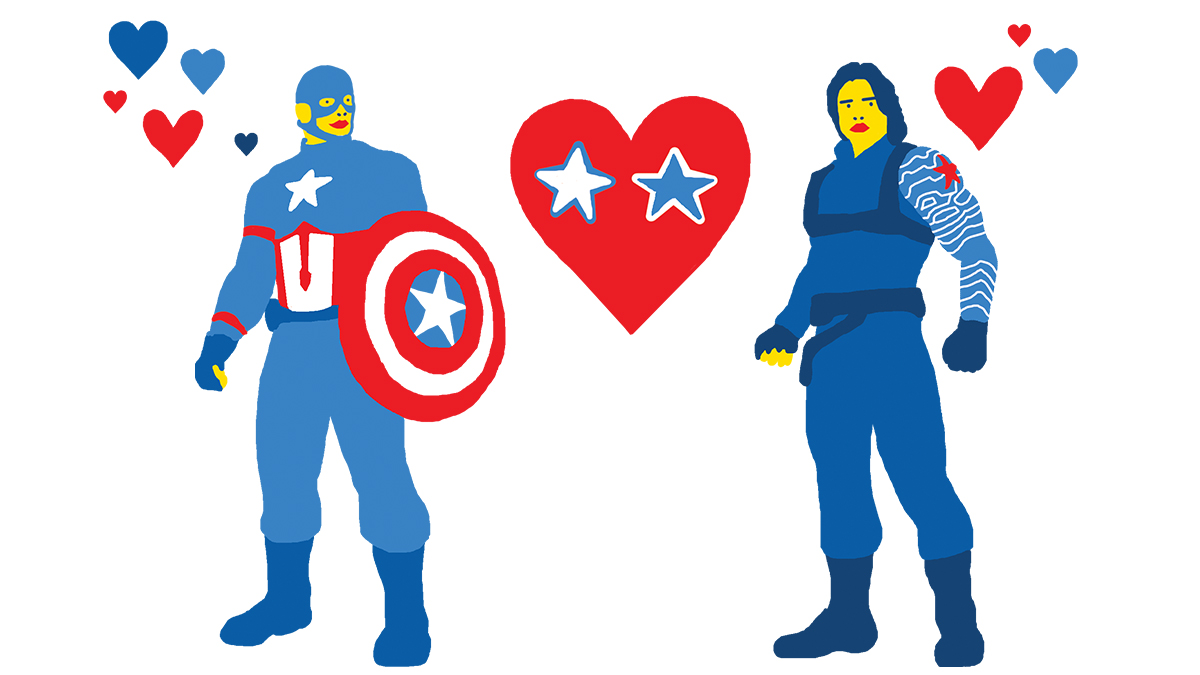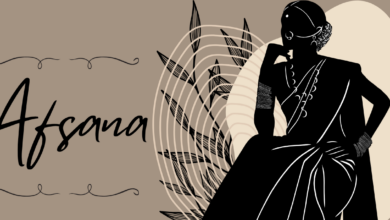Captain America should have a boyfriend
 Alex Patterson
Alex PattersonWith blockbuster films like The Avengers, Marvel Studios became a game-changer in modern Hollywood, creating a rich film universe in which nothing seems beyond imagination. But somehow, in this universe where a man in an iron suit can outrun a jet plane, a man can crash like lightning from the sky, and a man with a temper can turn gamma rays into hulking strength, there still isn’t a man who can love another man.
The hashtag #GiveCaptainAmericaABoyfriend surfaced shortly after the release of Marvel’s latest billion dollar blockbuster, Captain America: Civil War. Fans of the superhero franchise took to Twitter and other social media platforms to express their desire for the filmmakers to introduce an open LGBTQ relationship between all-American Avenger, Steve Rogers (Chris Evans’ Captain America) and his “best pal” slash “best enemy,” Bucky Barns (Sebastian Stan’s The Winter Soldier). The call from fans may seem destined for the lowly pages of a fan fiction novel, but in a franchise with no gay characters, outing this franchise’s major hero would not only benefit the films but could also be a step forward for an industry confounded by queer characters.
Among the mile-high explosions and helicopter biceps curls, the relationship between Cap and Bucky’s characters has always been essential to the Marvel film universe. Their bond is one of Cap’s greatest character motivations and has influenced many key moments in the series to date; the civil war of which the latest film is named, relies almost entirely on Cap’s unwavering dedication to Bucky. In the series, Bucky’s character is often reminiscent of a “Helen of Troy” or “femme-fatale” figure — typically a female character that creates trouble but still ends up romancing the film’s leading man. This age-old characterization comes with certain expectations from viewers, regardless of the character’s gender. So, in Civil War, when Cap kisses the girl before battle instead of Barns, fans feel utter disappointment as the character whom Cap has been fighting for over the course of numerous films is left on the sidelines in exchange for an eye-rolling and typically underdeveloped female love interest.
Evidenced by story-telling woes like this, it’s apparent that Hollywood isn’t too sure how to handle LGBTQ characters in their multi-million dollar franchises. Outside of tokenized roles (the experimental college lesbian, the flamboyant gay kid) or sexualized, hyper-masculine character stories (Brokeback Mountain), the LGBTQ community is poorly represented, if represented at all, in major popular
films today.
Joe Russo, one of Civil War’s directors, danced around the issue when asked about the homoerotic nature of Captain America and Bucky’s relationship, ultimately saying it should be left up to interpretation. He stated that although he believed the characters’ relationship to be fraternal and platonic, fans were free to interpret the relationship as they pleased. And at the conclusion of the film, this passive approach left certain fans disappointed.
But the director may have a point. It’s still a risk to include queer relationships or characters in a major movie. Outside of protecting market appeal in less progressive, revenue generating countries like China and Russia, LGBTQ characters cannot seem to exist in film without fanfare. In blockbuster Hollywood, if a queer relationship is in a film, typically the entire premise focuses solely on the relationship or is seriously impacted by it. The film becomes a flagship for LGBTQ cinema and is remembered as such (Blue is the Warmest Colour, Rent, Brokeback Mountain, Carol etc.). Unfortunately, and not surprisingly, queer relationships have not been normalized in blockbuster cinema, so much so that directors and studios have to weigh the risks vs. rewards of including these relationships, leaving many shying away from them, for fear of harming the reception or perception of their films.
This reservation toward queer characters has found its way into other notable blockbusters this year. Independence Day: Resurgence and Ghostbusters both boasted to feature a queer character in their films (Brent Spiner’s Dr. Okun in the former and Kate McKinnon’s Holtzmann in the latter), but outside of keen YouTubers, no one knew about it. The characters were not explicitly identified as being queer during the film and their sexual identities were left up to the interpretation of the audience. Interpretation does not begin to adequately represent a community that makes up approximately 10 per cent of the world’s population. By treading around the topic of queer relationships, blockbuster filmmakers are failing to support the visibility of these groups — a step which is critical if we hope to erase the attitudes of disparity and discrimination queer individuals still face today.
So are the actions of these blockbuster filmmakers acceptable? While it’s possible to understand their reservations, the LGBTQ community deserves to be represented on a larger platform in cinema. Blockbuster films like Captain America must take a risk on behalf of the LGBTQ community and fight for increased visibility, and eventually, acceptance. So, when Marvel’s next billion dollar film hits theatres, perhaps all that can be expected is a kiss, but as both fans and Bucky would agree, it would be one that’s long overdue.




